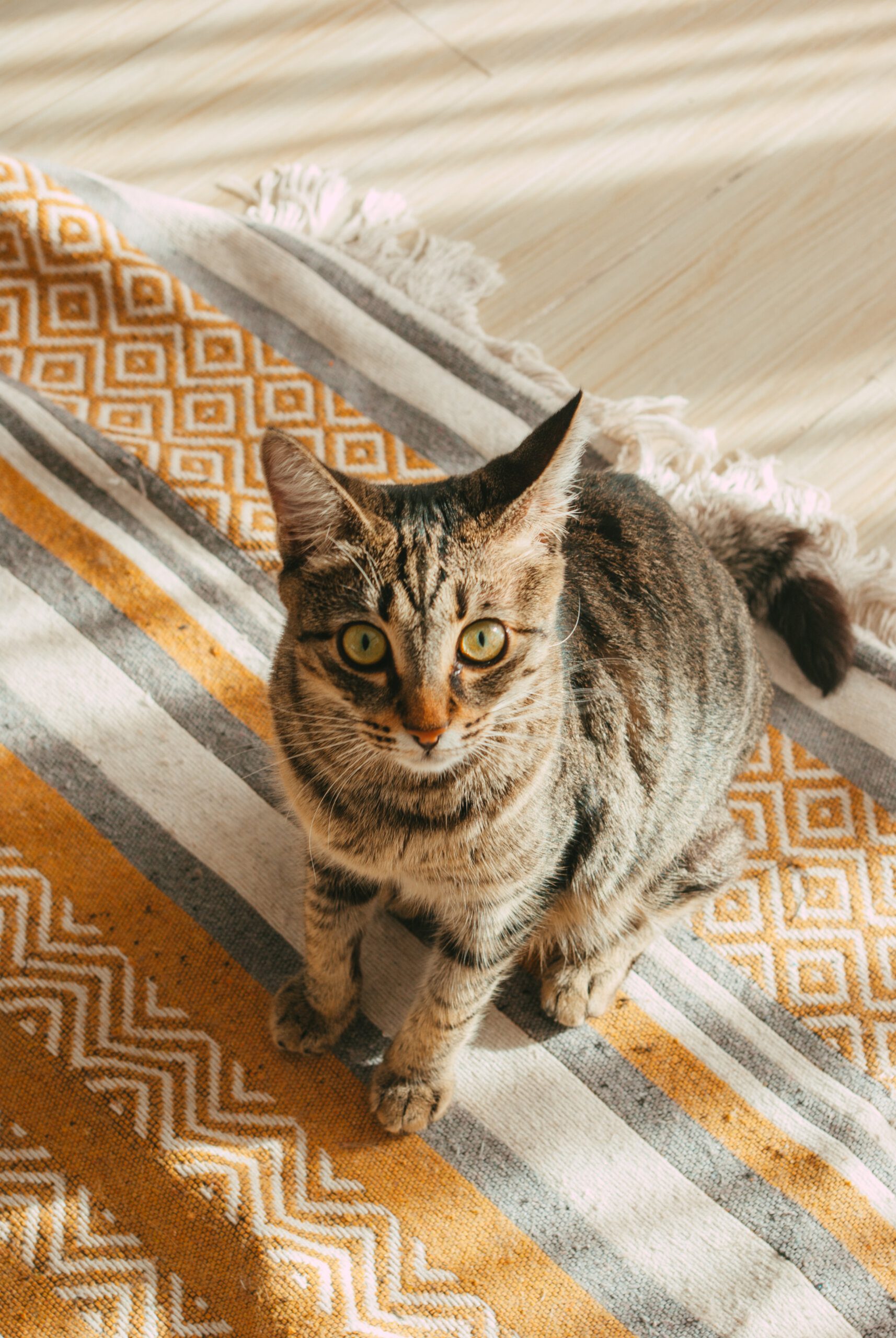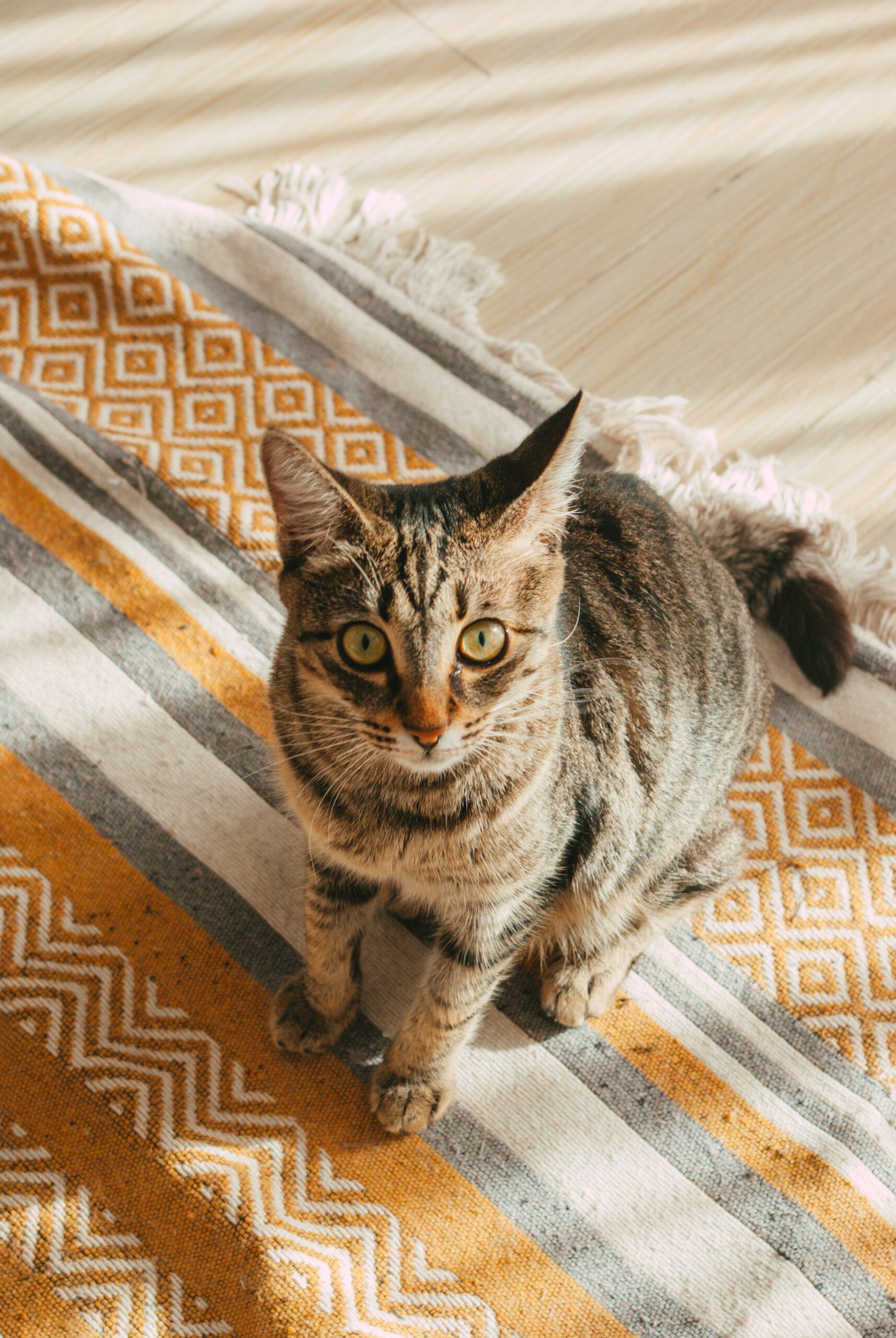Have you ever wondered if you can have a capybara as a pet? These adorable creatures, known for their friendly nature and unique appearance, have been gaining popularity as domestic pets. In this article, we will explore the feasibility of keeping a capybara as a pet and discuss the important factors to consider before making this decision.

Capybaras as Pets
Capybaras are increasingly gaining popularity as unique and exotic pets. Their friendly and gentle nature, coupled with their cute and charismatic appearance, make them truly appealing as pets. This article aims to provide comprehensive information on keeping capybaras as pets, including their unique traits, behavior, care requirements, and legal considerations.
The Appeal of Capybaras as Pets
Unique Traits of Capybaras
Capybaras have several distinctive traits that make them stand out as pets. Firstly, they are the largest rodents in the world, with adults weighing between 77 and 146 pounds. Their large size, combined with their adorable appearance, makes them quite a spectacle to behold. Additionally, capybaras have webbed feet, enabling them to navigate through water with ease. This unique adaptation makes them excellent swimmers, which can be a fascinating trait for pet owners.
Social Nature
One of the most captivating aspects of capybaras is their highly sociable nature. In the wild, they live in large groups, known as herds, consisting of several individuals. The social interactions within these herds are complex and dynamic, with capybaras forming strong bonds with each other. As pets, capybaras seek companionship and thrive when provided with opportunities for social interaction. This social nature can make them a wonderful addition to families or individuals looking for a pet that craves and reciprocates affection.
Playful and Affectionate
Capybaras are also known for their playful and affectionate behavior. They enjoy interactive play and are particularly fond of water-related activities. This playful nature, coupled with their gentle disposition, makes them well-suited for households with children or other pets. Capybaras often form close bonds with their human caretakers and are known to show affection through gentle nibbling and cuddling. Owning a capybara can truly bring joy and companionship into your life.
Low Maintenance
Despite their unique nature, capybaras are surprisingly low maintenance as pets. As herbivores, their diet primarily consists of grasses and plants, which are readily available and affordable. Additionally, their docile temperament and social nature make them relatively easy to care for. Capybaras are naturally clean animals, and with the proper living environment and regular grooming, their hygiene needs can be easily met. While they do require ample space and aquatic access, their low maintenance needs make them an attractive choice for responsible pet owners.

Understanding Capybara Behavior
Natural Habitat and Social Structure
To provide the best care for your capybara, it is essential to understand their behavior and mimic their natural habitat as much as possible. Capybaras are native to South America, specifically in areas with lush vegetation and abundant water sources such as rivers and marshes. In their natural habitat, they live in social groups known as herds, which can consist of anywhere from 10 to over 100 individuals. This social structure is integral to their well-being and should be considered when keeping them as pets.
Grooming and Scent Marking
Capybaras have unique grooming and scent marking behaviors that help them establish and maintain social bonds within their herd. They groom each other by nibbling and nibbling on each other’s fur, which not only keeps them clean but also helps reinforce social bonds. Additionally, capybaras engage in scent marking to establish territories and communicate with other members. They have scent glands on their noses and anogenital region, which they use to mark their environment and leave behind chemical signals. Understanding these behaviors can help pet owners meet their capybara’s social and emotional needs in captivity.
Vocalizations and Body Language
Capybaras communicate using a variety of vocalizations and body language cues. They have a range of vocal sounds, including purring, squealing, and barking, which they use to express different emotions and intentions. Additionally, capybaras use their body language, such as ear positioning, tail movements, and postures, to communicate with other members of their herd. By observing and understanding these communication cues, pet owners can better understand their capybara’s needs and ensure a harmonious and fulfilling relationship.
Fears and Predatory Instincts
Despite their friendly and sociable nature, capybaras have natural instincts that can manifest in certain situations. As prey animals, they have a natural fear of potential predators, such as large birds or carnivorous mammals. It is important to provide a safe and secure living environment for capybaras, with proper fencing and enclosures to prevent potential escapes or attacks. Additionally, capybaras may exhibit hesitance or skittish behavior in unfamiliar or high-stress situations. Being aware of these natural instincts and providing a calming and supportive environment can help alleviate any fears or anxieties your capybara may experience.
Caring for a Capybara
Suitable Living Environment
Providing a suitable living environment is crucial for the well-being of your pet capybara. As semi-aquatic animals, they require access to water for swimming and cooling off. If possible, consider providing a swimming pool or a large water source within their enclosure. Additionally, capybaras need ample space to roam and graze, so a large yard or pasture area is ideal. It is important to ensure that they have shelter and shade from extreme temperatures, as well as protection from potential predators or escape routes.
Feeding and Diet
Capybaras have a strict herbivorous diet consisting primarily of grasses and plants. They require a high-fiber, low-protein diet to maintain optimal health. Fresh hay, grass, and leafy greens should form the bulk of their diet. It is crucial to ensure that their food is free from pesticides or harmful chemicals. Additionally, capybaras have a high water intake and will require a fresh source of water for drinking and bathing. Consult with an exotic animal veterinarian or a qualified breeder to ensure you are providing the appropriate diet for your capybara.
Hygiene and Grooming
Maintaining good hygiene and grooming practices is essential for the health and well-being of your capybara. They require access to a dust bath, such as a sand or dirt pit, where they can roll and clean their fur. This helps remove excess oils and keeps their coats healthy and shiny. Regular nail trimming is necessary to prevent overgrowth and discomfort. Additionally, monitoring their dental health by regularly checking and cleaning their teeth is crucial. Lastly, it is important to keep an eye on their skin health, checking for any signs of dryness, irritation, or parasites.
Exercise and Enrichment
Capybaras are active animals that require ample space for daily exercise and mental stimulation. Providing a large, secure area for them to roam, graze, and engage in their natural behaviors is essential. Consider offering various enrichment activities and toys to keep them mentally stimulated and prevent boredom. They also thrive on social interaction, so providing opportunities for play and companionship with other capybaras or compatible pets can greatly enhance their well-being.
Veterinary Care and Health Considerations
Finding a qualified exotic animal veterinarian is crucial for ensuring the health and well-being of your capybara. Regular check-ups and vaccinations are essential to prevent and detect any potential health issues. Capybaras are susceptible to certain parasites and diseases, so implementing preventive measures, such as regular parasite control and maintaining a clean living environment, is vital. Being aware of common health issues in capybaras, such as dental problems or skin infections, can help you identify any potential concerns early on and seek appropriate veterinary care.

Legal Considerations
Research Local Laws and Regulations
Before considering a capybara as a pet, it is important to research and understand the local laws and regulations regarding their ownership. Capybaras may be classified as exotic pets, and there may be specific permits, licenses, or restrictions in place. Familiarize yourself with the specific regulations in your area to ensure compliance and avoid any potential legal issues.
Permits and Licenses
Depending on your location, you may need to obtain permits or licenses to legally keep a capybara as a pet. These permits often require demonstrating responsible ownership, ensuring proper care, and having suitable living conditions for the animal. Consult with your local authorities or exotic animal organizations to determine the specific requirements and processes for obtaining the necessary permits or licenses.
Zoning and Property Restrictions
It is important to consider any zoning or property restrictions that may be in place regarding pet capybaras. Some residential areas may have restrictions on the types or sizes of animals allowed, and specific permits for keeping exotic pets may be required. Ensure that your property and living environment are compliant with any zoning regulations to avoid conflicts or potential fines.
Educating Yourself and Others
Keeping a capybara as a pet requires responsible ownership and a commitment to continuous education. It is important to educate yourself about their specific needs, behavior, and care requirements. Additionally, it is crucial to educate others, including family members, roommates, or visitors, about capybaras and how to interact with them safely and respectfully. By spreading awareness and knowledge, you can help promote responsible pet ownership and ensure the well-being of capybaras in captivity.
In conclusion, capybaras can make fascinating and rewarding pets for those dedicated to providing them with the appropriate care and attention they require. Understanding their unique traits, behavior, and care requirements is essential to ensure a positive and fulfilling relationship with your pet capybara. With proper knowledge, preparation, and adherence to legal considerations, owning a capybara can bring joy, companionship, and a touch of exotic allure to your life.



